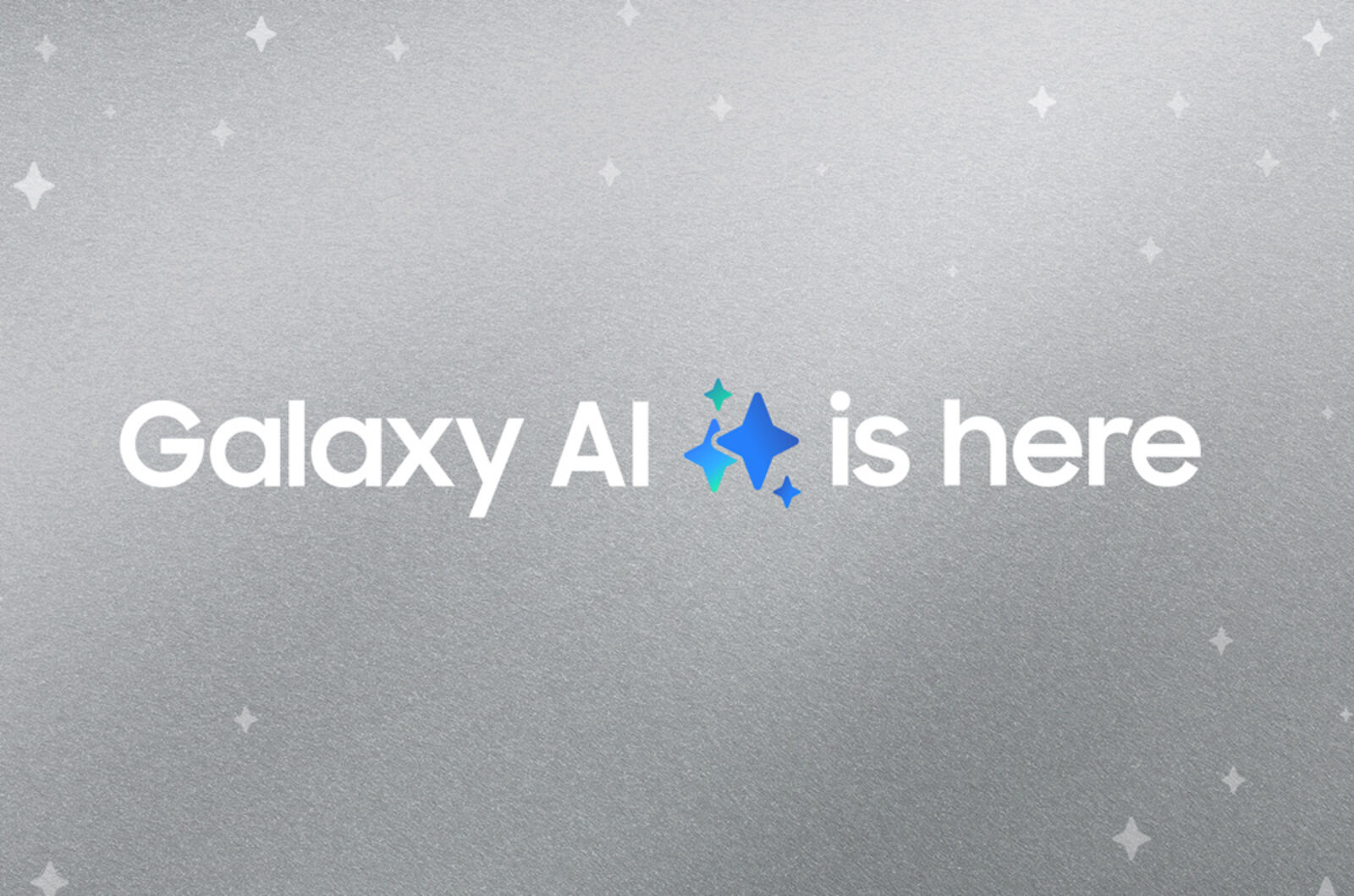The battle for dominance in the smartphone market extends beyond hardware and design. With the rise of artificial intelligence (AI), both Samsung and Apple are integrating AI features into their devices, aiming to enhance the user experience in unique ways. However, a recent trend reveals a stark difference in their approaches – Samsung’s Galaxy AI prioritizes education and empowering children, while Apple focuses more on entertainment and convenience.
Galaxy AI: A Personalized Learning Assistant
Samsung’s Galaxy AI takes a proactive stance in education. It goes beyond traditional parental controls by offering a suite of features designed to personalize the learning experience for children. Here’s how:
- Smart Learning Assistant: This AI-powered feature analyzes a child’s app usage, study habits, and online learning platforms. Based on this data, the assistant recommends educational apps, tutorials, and online resources tailored to the child’s individual needs and learning style.
- Focus Mode: This feature helps children stay on track by limiting access to distracting apps and websites during designated study times. Parents can customize the settings to allow access to essential resources like dictionaries or online learning platforms while blocking social media and gaming apps.
- Interactive Learning Tools: Galaxy AI integrates with educational apps and platforms, offering features like real-time translation, pronunciation guidance, and interactive quizzes. This makes learning more engaging and helps children overcome language barriers or grasp complex concepts.

These features empower children to take ownership of their learning process. Imagine a child struggling with a math problem. Galaxy AI can identify the specific concept causing difficulty and suggest relevant learning resources on the phone itself. This fosters self-directed learning and allows children to bridge knowledge gaps independently.
Parental Control Reimagined: Insights and Guidance, not Just Restrictions
Samsung’s Galaxy AI understands that parental controls are only one aspect of responsible digital parenting. It provides parents with valuable insights into their child’s digital activity beyond simply blocking apps.
- App Usage Reports: Parents can receive detailed reports on their child’s app usage, identifying trends and potential areas of concern. For example, if a report shows excessive gaming time, parents can initiate conversations and set healthy boundaries collaboratively.
- Educational Content Recommendations: Galaxy AI can suggest age-appropriate educational content based on the child’s interests and learning goals. This helps parents discover valuable resources they might not have been aware of and encourages a collaborative approach to learning within the family.
By offering insights instead of just imposing restrictions, Galaxy AI fosters a more open and collaborative parent-child dynamic when it comes to technology use.
Apple’s Screen Time: A Focus on Entertainment Management
Apple’s Screen Time primarily focuses on managing entertainment screen time and limiting app usage. While this offers some parental control benefits, it doesn’t actively support children’s learning. Here’s a breakdown of Screen Time features:
- App Limits: Parents can set time limits for specific app categories like games or social media, promoting healthy habits and reducing screen addiction.
- Downtime: Parents can schedule downtime periods when all apps (except pre-approved ones like phone calls) are blocked, encouraging other activities.
- Always Allowed Apps: Parents can choose specific apps like educational apps or communication tools that remain accessible during Screen Time restrictions.
These features promote healthy screen time habits and prevent excessive gaming or social media use. However, they don’t actively contribute to a child’s learning journey.
A Shift in Priorities: Education vs. Entertainment
The contrasting approaches of Samsung and Apple highlight a fundamental difference in their AI strategies. Samsung prioritizes education and empowering children to become self-directed learners. Apple, on the other hand, focuses on managing entertainment screen time and promoting healthy digital habits.
This difference might stem from the overall ecosystem each company promotes. Samsung has a longer history in the educational technology space, offering Galaxy tablets and laptops widely used in schools.
However, the lack of educational focus in Apple’s AI raises questions. While entertainment management is a crucial aspect of digital wellness, neglecting the potential of AI to enhance the learning experience feels like a missed opportunity.
The Future of AI for Children: A Balancing Act
The ideal scenario involves a balance between empowering learning and promoting healthy screen habits. This is where the future of AI for children lies. Imagine an AI that can manage entertainment screen time while also recommending educational apps and learning resources based on a child’s interests.
Such a system would allow children to explore the digital world responsibly while also nurturing their curiosity and fostering a love for learning.
The Choice for Parents: Prioritizing Learning or Screen Time Management
The contrasting approaches of Samsung and Apple provide parents with a clear choice. For parents prioritizing educational enrichment, Samsung’s Galaxy AI offers a compelling suite of features.
















Add Comment